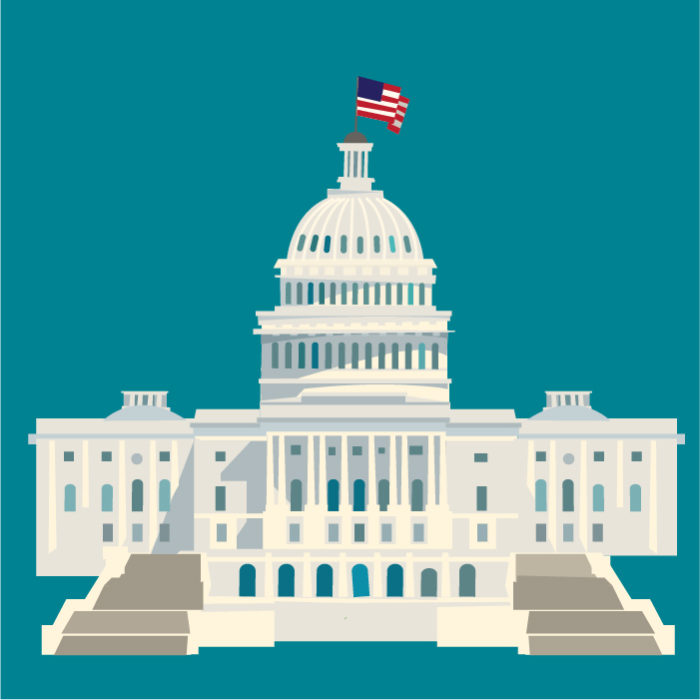This Week in Congress – April 12, 2019
Here's the scoop on what's happening the week in Congress.

FY20 Funding
Spending Caps:
On Tuesday, the House adopted a rule that set the overall spending cap, and therefore started the appropriations process for FY20. With this in place, the House Appropriations Committee Chairwoman Nita Lowey will start considering spending bills on April 29. However, because the rule is an agreement and has not actually been passed the House may still have to deal with the potential for across-the-board cuts to programs (including health) if a bill to raise the caps is not enacted.
At the same time, House Speaker Pelosi and Majority Leader McConnell announced they will begin negotiations on a two-year deal to raise the spending caps.
Indian Health Services:
A group of bipartisan House lawmakers is working to protect funding for Indian Health Service (IHS) by exempting it from the limits placed by spending caps. These lawmakers are considering two options: making its budget mandatory, or putting its budget outside of the discretionary spending limits of the spending caps. If made mandatory, IHS would not need to go through the budget caps process and compete with other discretionary programs such as the Department of Health and Human Services, and therefore CDC.
Appropriations Testimony:
On Tuesday, the House Labor-HHS Appropriations Subcommittee, under which funding for STDs are determined, held a hearing for outside witness testimony. During the hearing, AIDS United’s executive director Jesse Milan touched on the soaring rates of STDs, stating, “Despite dramatic increases in STDs in recent years, funding for the CDC’s STD prevention programs has not increased since 2003, leaving health departments overwhelmed and understaffed. Ending HIV must take a multifaceted approach. Increased funding for CDC’s STD prevention programs will support testing, targeted prevention interventions, public education campaigns, and surveillance activities that support both HIV and STD Prevention outcomes.”